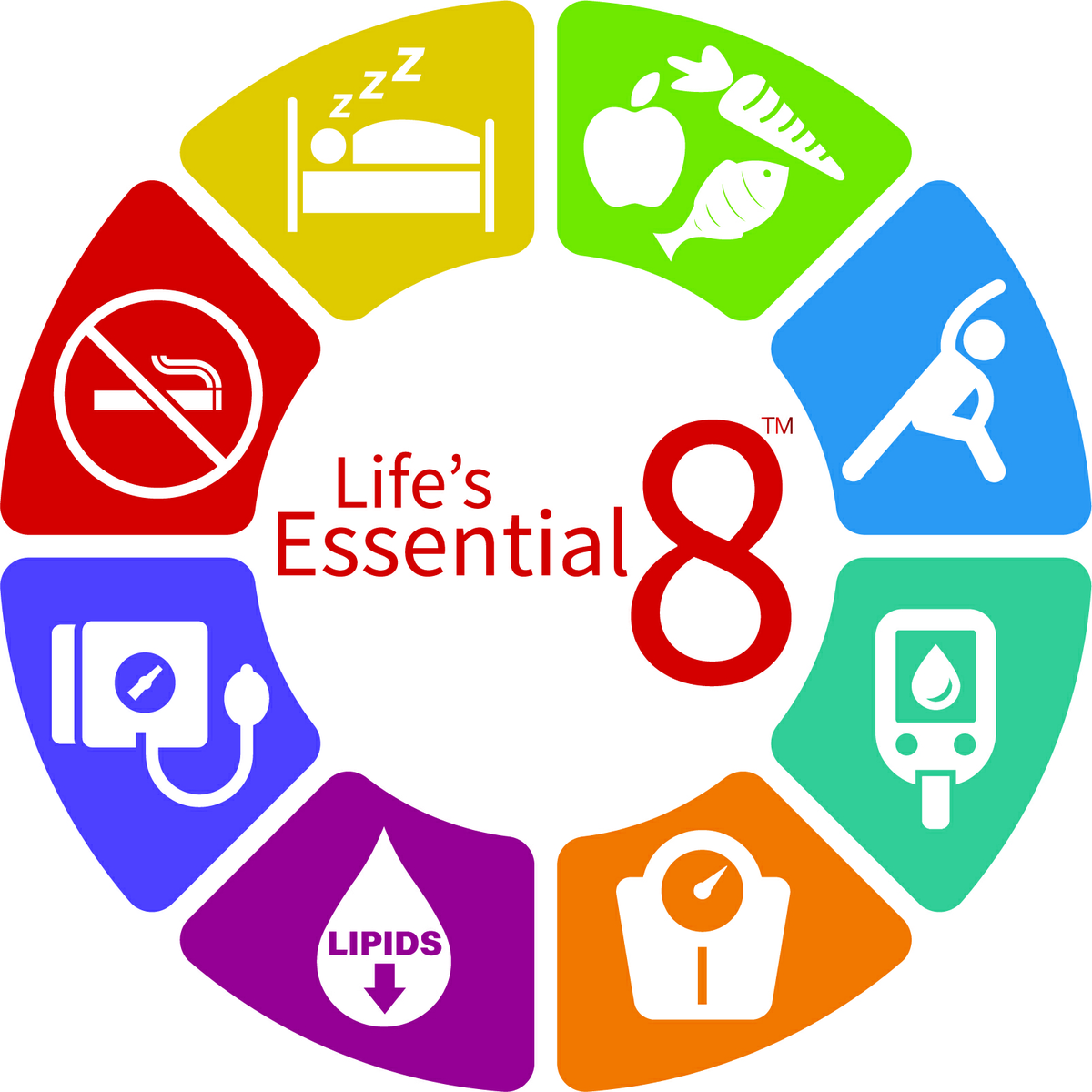American Heart Association Presidential Advisory Adds Sleep as Key Metric for Cardiovascular Health
In a new Presidential Advisory from the American Heart Association (AHA), sleep duration has been added as an essential component for ideal heart and brain health. The update to this advisory was prepared by a volunteer writing group on behalf of the AHA and is based on new medical evidence assessed with a thorough literature review.
Donald M. Lloyd-Jones, MD, ScM, FAHA, president, American Heart Association noted, “The new metric of sleep duration reflects the latest research findings: sleep impacts overall health, and people who have healthier sleep patterns manage health factors such as weight, blood pressure, or risk for type 2 diabetes more effectively,” said Lloyd-Jones. “In addition, advances in ways to measure sleep, such as with wearable devices, now offer people the ability to reliably and routinely monitor their sleep habits at home.”
 The updated recommendations in the AHA's tool to measure cardiovascular health, Life’s Essential 8, include:
The updated recommendations in the AHA's tool to measure cardiovascular health, Life’s Essential 8, include:
- Sleep duration: Sleep duration is associated with cardiovascular health and ideal recommended levels for 7 to 9 hours on average each day for adults; 8 to 10 hours for teenagers, 9 to 12 hours for children age 6 to 12 years, and 10 to 16 for children under age 6 years
- Diet: A new guide to assess diet quality at the individual level for providing care and counseling and at the population level for research
- Nicotine exposure: Exposure to secondhand smoke and use of e-cigarettes or vaping devices have been added to a metric that addressed only traditional, combustible cigarettes
- Blood lipids: The metric for blood lipids has been updated to use non high-density lipoprotein (HDL) cholesterol rather than total cholesterol
- Blood glucose: Use of hemoglobin A1c readings or blood glucose levels for people with or without Type 1 or Type 2 diabetes or prediabetes is included for effective measurment of long-term glycemic control
Recommendations for physical activity, body mass index (BMI), and blood pressure remained the same. Social determinants of health were considered for inclusion; however, data on how these determinants affect cardiovascular health was found still to be too limited.
Dr. Lloyd-Jones also noted, “Nonetheless, social and structural determinants, as well as psychological health and well-being, are critical, foundational factors in an individual’s or a community’s opportunity to preserve and improve cardiovascular health. We must consider and address all of these issues for people to have the opportunity for a full, healthy life as measured by Life’s Essential 8.”
Life’s Essential 8 can be assessed by the online My Life Check tool, which has an updated scoring system of up to 100 points, in which scores of 80 and above are considered "healthy" cardiovascular status. Scores of 50 to 79 are considered moderate cardiovascular health and below 50, low cardiovascular health.
